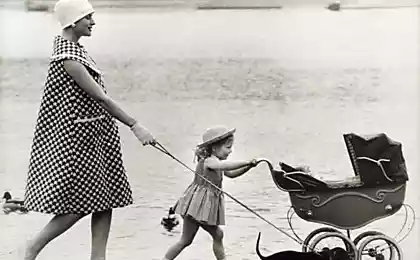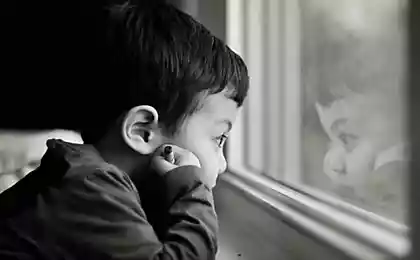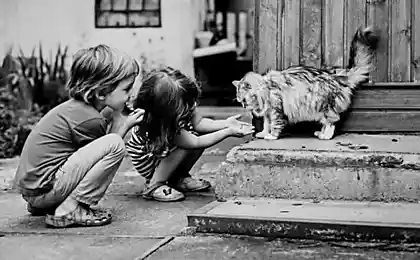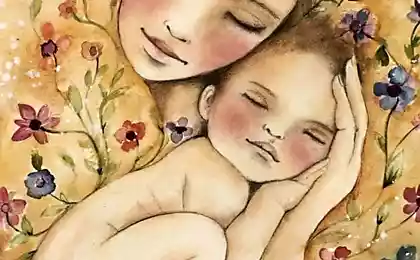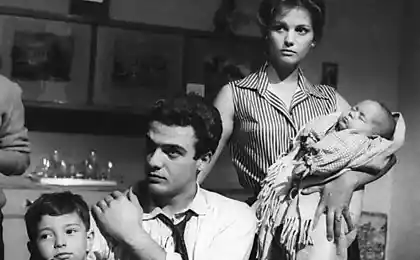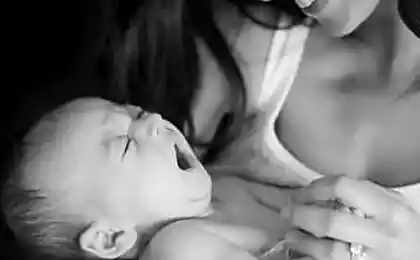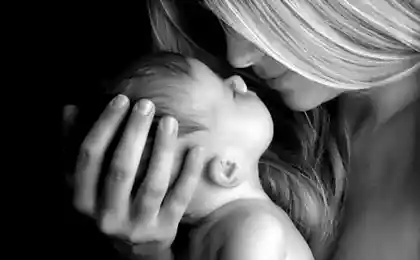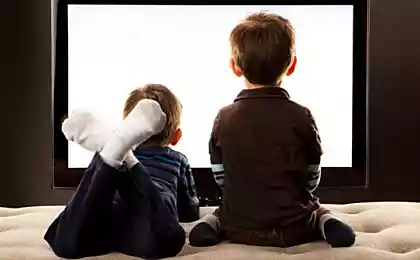160
Why you should not spoil children
You have certainly met more than once mothers who just terribly annoyed with their behavior in society and attitude to their children. Who are these mothers and what are they? parental behavior They are the most unpleasant, we will consider below.
Child and Society
Mother and child society It can often be unpleasant for many people. However, it is not the mother who is condemned, but the people around her.

Let’s figure out in which cases the mother of the child can really be to blame and what actions of the parents will justly irritate the public.

Unreasonable manifestations of parental love
Child obsession can actually be a symptom of deep-seated problems you don’t even know about.

For example, young mothers are often depressed after giving birth. It is a deep yearning that can result in inadequate maternal behavior.
Take care of yourself and your mental health. Only in this way you will not become the notorious "Jagger" and serve as a good example for your child.
Child and Society

Mother and child society It can often be unpleasant for many people. However, it is not the mother who is condemned, but the people around her.

Let’s figure out in which cases the mother of the child can really be to blame and what actions of the parents will justly irritate the public.

Unreasonable manifestations of parental love
- Violations of decency
Ignoring the feelings of others can never be justified. A polite person will always remain that way, and a rude person will simply justify his indecent behavior by having a child.
The most striking examples of such behavior can be, for example, ignoring the queue in the store or changing your child in public.
For most people, this behavior is not acceptable. Other mothers can stand in line, and you can change the child in the toilet. Many public toilets already have special changing tables. - Justification of any actions of your child
Love for your children often overshadows your mind. Some parents do not even try to understand the situation, believing that their child is always right.
Parents think that recognizing the wrongness of their child, they traumatize him. That's not at all true. By gently pointing out your son or daughter’s mistakes, you’re teaching them to live in a world that’s not centered around your child.
Behavior of the child in the family and society It should be different, too. It is necessary from an early age to explain to the child what can be done at home, but not in public. - Humiliation of childless people
For many, a child is also a sign of a higher social status. Not everyone remembers that not all people have the desire to have a child, and this is absolutely normal.
And you should not make the birth of a child the only goal in life, because children grow up and go, starting their own lives. In order not to blame your own child for your own stupidity, find yourself a hobby or activity that will be important to you.
They are the ones who will stay with you when your son or daughter grows up and wants to live their own life. - Disrespectful attitude to someone else's choice
In the modern world, many people choose not to have children, but a career. It's important to remember that it's their choice, and he has as much right to exist as you do.
Do not despise a person who is more interested in his own profession than a child. To each his own. - Requirement of special conditions
Do not assume that everyone around you should just because you have a child. Many people have children, but that doesn’t make them special. It is much more pleasant to deal with adequate mothers who understand that the child is not a shield or an excuse for doing things unpleasant to society.
Child obsession can actually be a symptom of deep-seated problems you don’t even know about.

For example, young mothers are often depressed after giving birth. It is a deep yearning that can result in inadequate maternal behavior.
Take care of yourself and your mental health. Only in this way you will not become the notorious "Jagger" and serve as a good example for your child.







